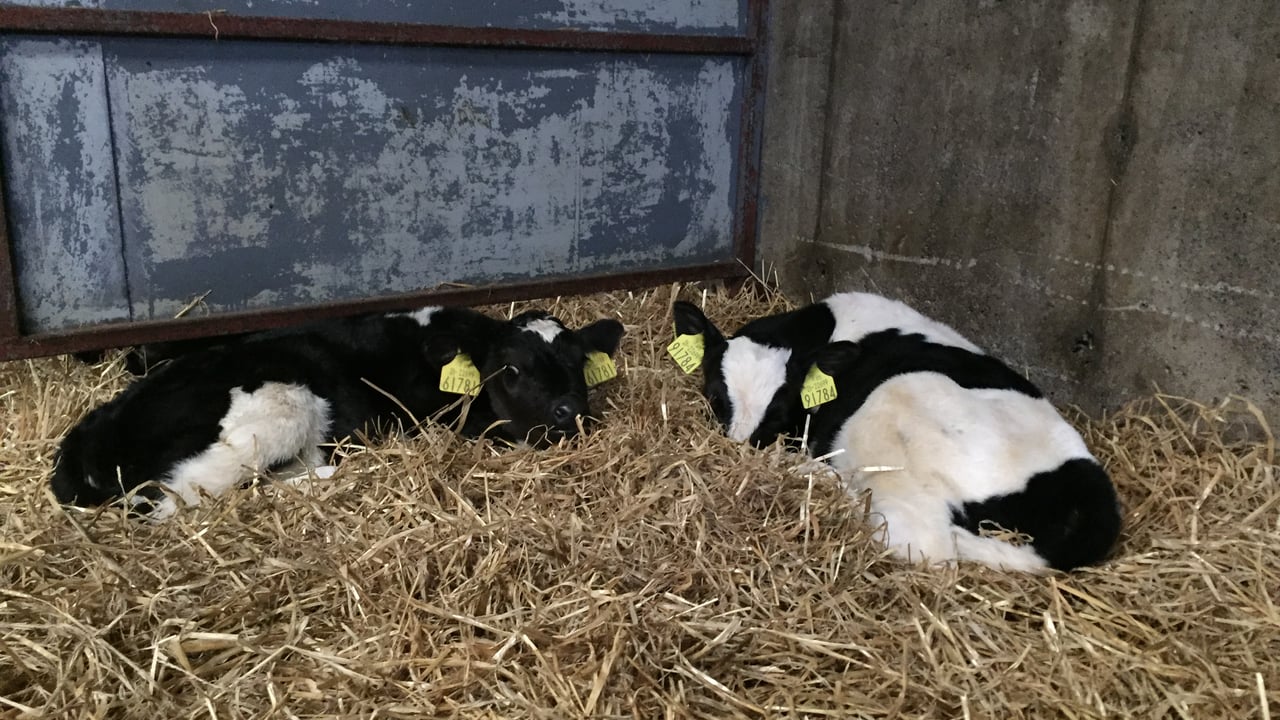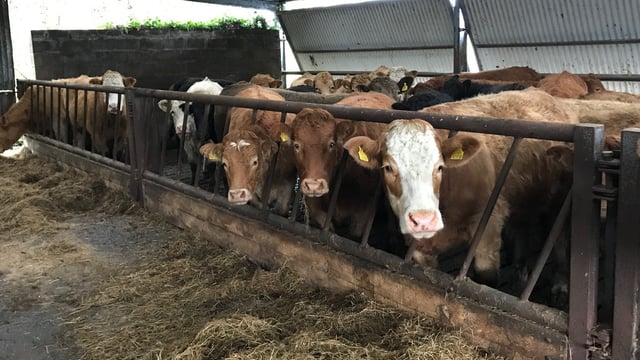Could this be the explanation for scour in your calves?
Cryptosporidiosis, otherwise known as ‘crypto’, is the second most common cause of scour amongst young calves – with scour being the leading cause of mortality in calves under one month-of-age on Irish dairy farms.
It is a very frustrating infection to deal with because it is almost impossible to eradicate and very difficult to treat.
Cryptosporidiosis is caused by a parasite called cryptosporidium. It is highly infectious and is passed on to other calves when they ingest oocytes that have been residing in the environment or shedded from an infected calf.
Symptoms
It is usually seen in young calves between one to four weeks-of-age. It is a life-threatening scour and can cause a calf to quickly deteriorate if gone unnoticed.
Some calves can become infected, but do not show any signs, but still spread the infection through the oocytes in their dung.
If you are suspicious of your calves having cryptosporidiosis, the best way to diagnose is through the collection of a dung sample and submission to a lab for testing.
Prevention and Treatment
The best way to prevent cryptosporidium from taking hold on the farm is through the thorough cleaning and disinfection of all calf housing before calving begins.
However, since we are now in the midst of calving it is too late for this; so what we can do is prevent the infection from spreading if it takes hold.
While the calf is sick and may have a reduced appetite, it is important that calves are fed their daily feed as normal – to give them enough energy to fight the infection.
Halocur (halofuginone lactate) is a product commonly used in the treatment and prevention against cryptosporidiosis. Infected calves should be dosed immediately with 8ml/day for seven consecutive days.
Additionally, it is recommend that once the infection has taken hold on the farm, any young calves or newly-born calves are dosed thereafter with Halocur – as a preventative measure against infection.











